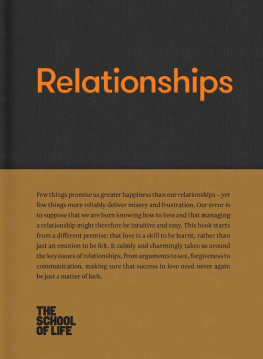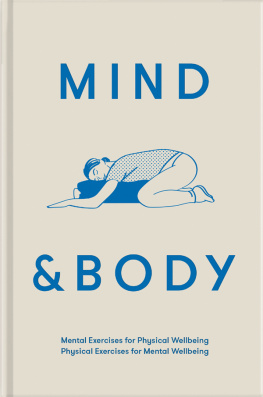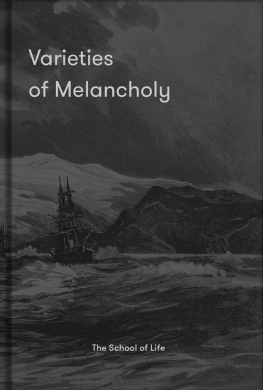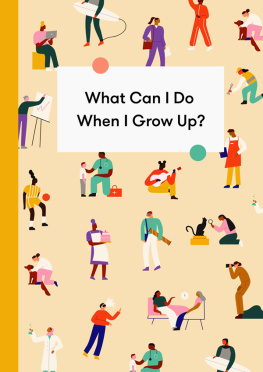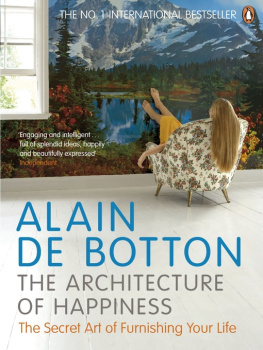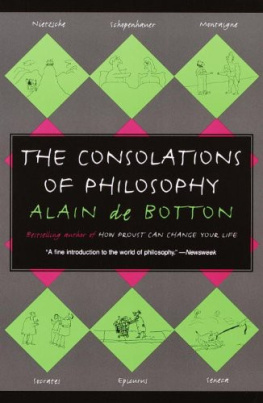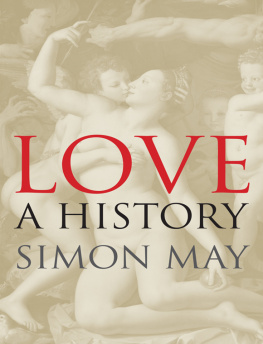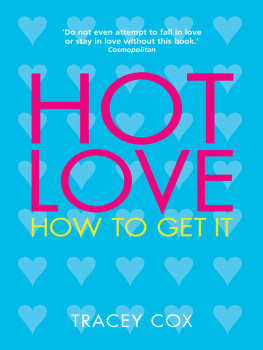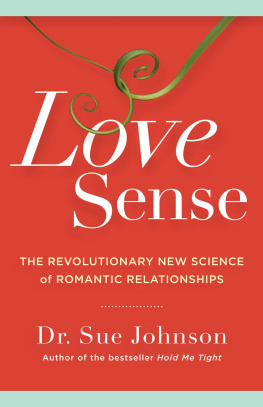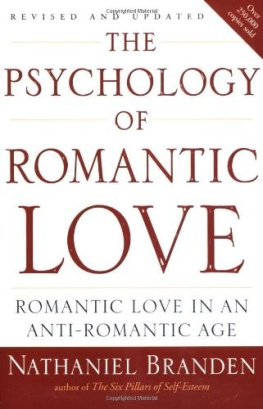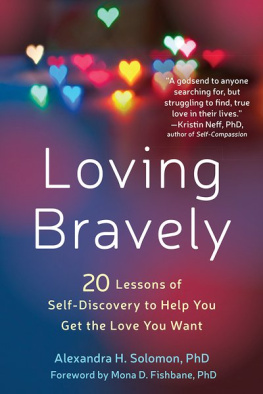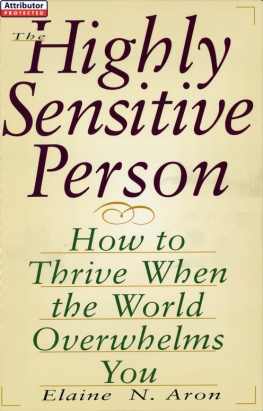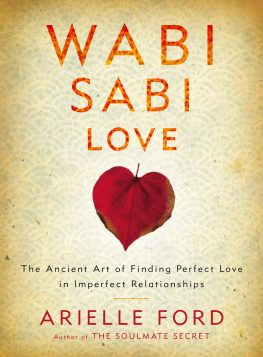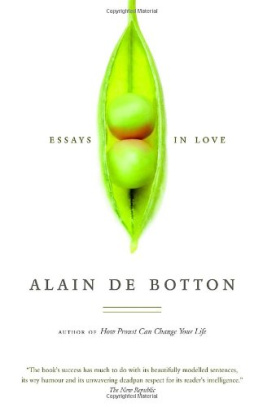Relationships
Few things promise us greater happiness than our relationships yet few things more reliably deliver misery and frustration. Our error is to suppose that we are born knowing how to love and that managing a relationship might therefore be intuitive and easy. This book starts from a different premise: that love is a skill to be learnt, rather than just an emotion to be felt. It calmly and charmingly takes us around the key issues of relationships, from arguments to sex, forgiveness to communication, making sure that success in love need never again be just a matter of luck.
Contents
1
Post-Romanticism
To fall in love with someone feels like such a personal and spontaneous process, it can sound strange and even rather insulting to suggest that something else (we might call it society or culture) may be playing a covert, critical role in governing our relationships in their most intimate moments.
Yet the history of humanity shows us so many varied approaches to love, so many different assumptions about how couples are supposed to get together and so many distinctive ways of interpreting feelings, we should perhaps accept with a degree of grace that the way we go about our relationships must in practice owe rather a lot to the prevailing environment beyond our bedrooms. Our loves unfold against a cultural backdrop that creates a powerful sense of what is normal in love; it subtly directs us as to where we should place our emotional emphases, it teaches us what to value, how to approach conflicts, what to get excited about, when to tolerate and what we can be legitimately incensed by. Love has a history and we ride sometimes rather helplessly on its currents.
Since around 1750, we have been living in a highly distinctive era in the history of love that we can call Romanticism. Romanticism emerged as an ideology in Europe in the mid-18th century in the minds of poets, artists and philosophers, and it has now conquered the world, powerfully (yet always quietly) determining how a shopkeepers son in Yokohama will approach a first date, how a scriptwriter in Hollywood will shape the ending of a film, or when a middle-aged woman in Buenos Aires might decide to call it a day with her civil servant husband of twenty years.
No single relationship ever follows the Romantic template exactly, but its broad outlines are frequently present nevertheless and might be summed up as follows:
Romanticism is deeply hopeful about marriage. It tells us that a long-term marriage can have all the excitement of a love affair. The feelings of love that we are familiar with at the start of a relationship are expected to prevail over a lifetime. Romanticism took marriage (hitherto seen as a practical and emotionally temperate union) and fused it together with the passionate love story to create a unique proposition: the lifelong passionate love marriage.
Along the way, Romanticism united love and sex. Previously, people had imagined that they could have sex with characters they didnt love, and that they could love someone without having extraordinary sex with them. Romanticism elevated sex to the supreme expression of love. Frequent, mutually satisfying sex became the bellwether of the health of any relationship. Without necessarily meaning to, Romanticism made infrequent sex and adultery into catastrophes.
Romanticism proposed that true love must mean an end to all loneliness. The right partner would, it promised, understand us entirely, possibly without needing to speak to us. They would intuit our souls. (Romantics put a special premium on the idea that our partner might understand us without words ).
Romanticism believed that choosing a partner should be about letting oneself be guided by feelings, rather than practical considerations. For most of recorded history, people had fallen into relationships and married for logical pragmatic sorts of reasons: because her parcel of land adjoined yours, his family had a flourishing grain business, her father was the magistrate in town, there was a castle to keep up, or both sets of parents subscribed to the same interpretation of a holy text. And from such reasonable marriages, there flowed loneliness, infidelity and hardness of heart. For Romanticism, the marriage of reason was not reasonable at all, which is why what it replaced it with the marriage of feeling has largely been spared the need to account for itself. What matters is that two people wish desperately that it happens, are drawn to one another by an overwhelming instinct and know in their hearts that it is right. The modern age has had enough of reasons, those catalysts of misery. The prestige of instinct is the legacy of a collective traumatised reaction against too many centuries of unreasonable reason.
Romanticism has manifested a powerful disdain for practicalities and money. Nowadays, under the influence of Romanticism, we dont like such elements to be at the forefront of the mind around relationships, especially in the early days. It feels cold un-Romantic to say you know youre with the right person because you make an excellent financial fit or because you gel over things like bathroom etiquette and attitudes to punctuality. People, we feel, only turn to practical considerations when all else has failed (I couldnt find love, I had to settle for convenience) or because they are sinister (the gold-digger, the social climber).
Romanticism believes that true love should involve delighting in a lover in their every aspect. True love is synonymous with accepting everything about someone. The idea that ones partner (or oneself) may need to change is taken to be a sign that the relationship is on the rocks; youre going to have to change is a last-ditch threat.
This template of love is a historical creation. Its a hugely beautiful and often enjoyable one. The Romantics were brilliantly perceptive about some facets of emotional life and were extremely talented about expressing their hopes and longings. Many of the feelings had existed before, but what the Romantics did was elevate them, turning them from passing fancies into serious concepts with the power to determine the course of relationships over a lifetime.
We can at this point state boldly: Romanticism has been a disaster for love. It is an intellectual and spiritual movement which has had a devastating impact on the ability of ordinary people to lead successful emotional lives. The salvation of love lies in overcoming a succession of errors within Romanticism. Our strongest cultural voices have to our huge cost set us up with the wrong expectations. Theyve highlighted emotions that dont tell us very much that is useful about how to make relationships work, while drawing attention away from others that offer more constructive guidance. We deserve sympathy. Were surrounded by a culture that offers a well-meaning but fatally skewed ideal of how relationships might function. Were trying to apply a very unhelpful script to a hugely tricky task.
This Romantic script is both normative and at points delusional. In order to be thought normal in the age of Romanticism, many of the following are meant to happen:
We should meet a person of extraordinary inner and outer beauty and immediately feel a special attraction to them, and they to us.
We should have highly satisfying sex, not only at the start, but forever.
We should never be attracted to anyone else.
We should understand one another intuitively.
We dont need an education in love. We may need to train to become a pilot or brain surgeon, but not a lover. We will pick that up along the way, by following our feelings.
Next page
